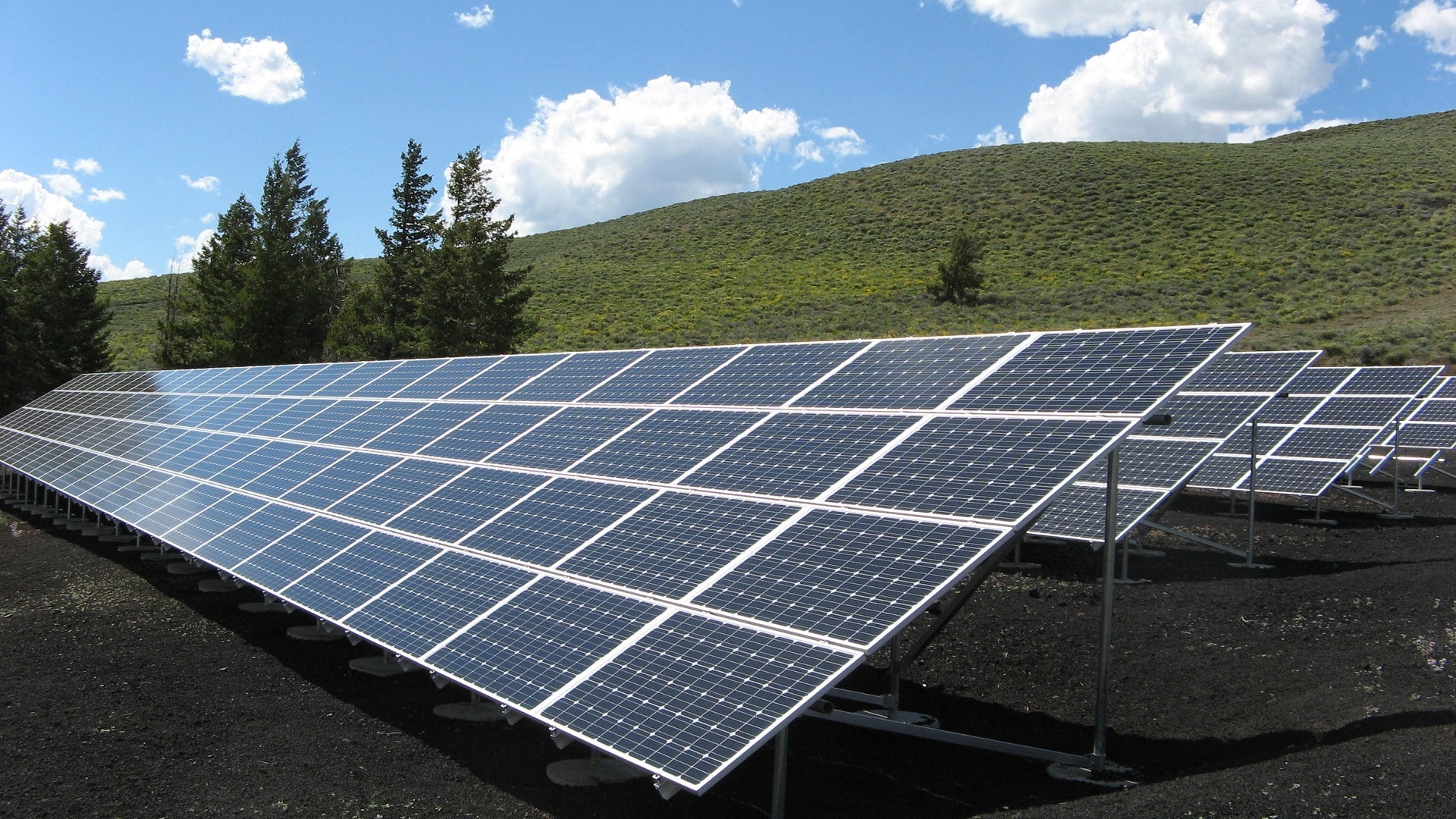We all know that solar panels are good for the planet, but let’s cut to the chase: Are they good for your business’s bottom line? In the bustling marketplace of the United Kingdom, ROI (Return on Investment) is the alpha and omega of business decisions. So, let’s pull back the curtain and delve into the ROI of installing solar panels for your UK business. We’re talking numbers, incentives, and—yes—even a little sunshine.
The Lingo of Solar Economics: What Is ROI?
For the uninitiated, ROI or Return on Investment is essentially a metric that gauges the profitability of an investment. In the context of solar panels, it measures how long it will take to recoup your initial expenditure through energy savings, government incentives, and other financial benefits.
Show Me the Money: Government Grants and Incentives
If you think you’re in this green endeavor alone, think again. The UK government has been pushing renewable energy through various schemes. For example, while the Feed-in Tariff (FiT) is now closed for new applicants, the Smart Export Guarantee (SEG) allows you to sell excess electricity back to the grid. Cha-ching!
Did You Know?: According to the UK’s Office for Low Emission Vehicles, certain local grants could help offset the cost of renewable energy installations for businesses.
Cutting Operational Costs, One Photon at a Time
The long-term benefits of solar panels go beyond government handouts. Your electricity bills will take a nosedive. Just imagine a sunny day being a cause for celebration, not just because of the weather but also for the pounds you’re saving!
Fun Fact: A study by the Solar Trade Association estimated that commercial solar PV systems could provide a payback period as short as 6–9 years, depending on various factors.
The Nitty-Gritty: Calculating Your ROI
Calculating ROI isn’t just about subtracting costs from gains. You’ll want to factor in:
- Initial Costs: This includes the price of the solar panels, inverters, and installation.
- Ongoing Maintenance: While solar panels require minimal upkeep, it’s still a number to consider.
- Energy Savings: Your monthly and yearly reduction in energy costs.
- Additional Earnings: Any income from schemes like the Smart Export Guarantee.
Your ROI is essentially the point where your total gains equal your total costs. After this point, it’s smooth sailing—or should we say, smooth sunning?

Overcoming the Initial Cost Hurdle: Financing Options
Now, let’s talk about the elephant in the room: the initial cost. Yes, the upfront investment can be steep. However, many providers offer leasing options or power purchase agreements (PPAs) that can spread out these costs over time. This allows you to start reaping the benefits immediately without draining your capital reserves.
A Sustainable ROI: More Than Just Numbers
While the financial ROI of solar panels is compelling, let’s not forget the sustainability ROI. The carbon footprint reduction can be a strong selling point for eco-conscious customers and may offer a competitive edge in the marketplace. In essence, you’re investing in both your business and the planet. Now, how’s that for a win-win?
In Conclusion: The Sun is Shining on Your Balance Sheet
Understanding the ROI of solar panels for your business isn’t just a numbers game; it’s a strategic choice for long-term financial and environmental sustainability. With governmental incentives, slashed operational costs, and a myriad of financing options, there’s never been a better time for UK businesses to make the sun their silent business partner. So, are you ready to invest in a brighter, greener future?
